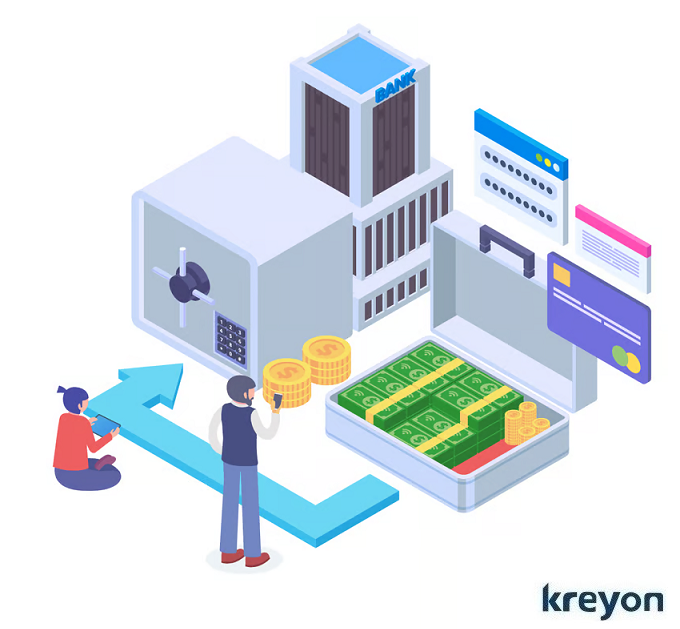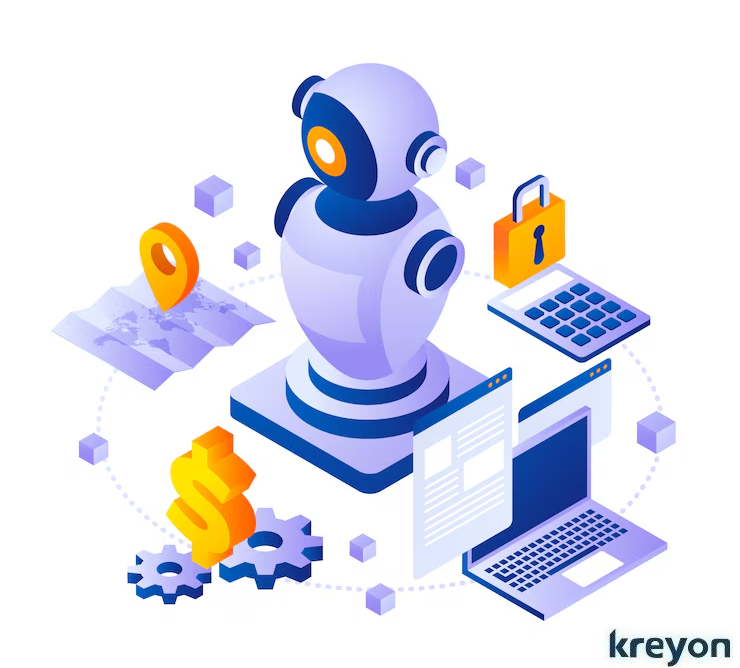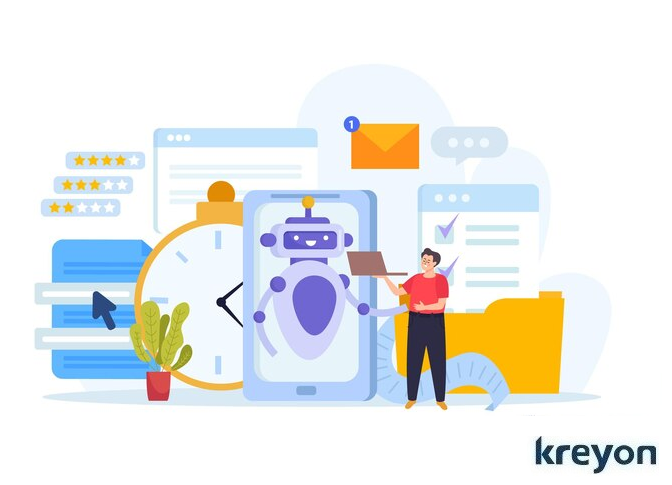SMB Accounting: The Power of AI-Driven Bookkeeping

The rise of artificial intelligence (AI) has opened up new avenues for SMBs to transform their bookkeeping processes, allowing them to not only save time and reduce errors but also make more informed financial decisions.
In this post, we’ll explore the latest AI-driven innovations in bookkeeping and how they empower SMBs to thrive.
The Changing Landscape of Accounting

Traditionally, bookkeeping involved manual data entry, reconciling accounts, and generating financial reports—tasks that are often tedious and time-consuming.
According to a recent study by the Association of Chartered Certified Accountants (ACCA), 40% of finance professionals believe that automation will significantly change the way accounting is done within the next few years. As more SMBs embrace technology, the need for traditional methods is rapidly diminishing.
The Role of AI in Bookkeeping
Bookkeeping is the fundamental process of recording financial transactions, ensuring accurate and up-to-date financial information. It’s the backbone of any business, providing essential data for decision-making, tax compliance, and overall financial health.
AI can help with automation of bookkeeping, which provides the data needed to make informed business decisions.
The narrative around AI in accounting isn’t just about automation; it’s about transformation. Imagine a world where your business’s books maintain themselves, where errors are a thing of the past, and where every financial decision is backed by predictive analytics.
That’s not science fiction; it’s today’s reality for forward-thinking SMBs. AI-driven bookkeeping tools are not just tools; they’re strategic assets.
AI-driven bookkeeping leverages machine learning algorithms and data analytics to automate various aspects of accounting. Here are some key areas where AI is making a significant impact:
Automated Data Entry: One of the most tedious aspects of bookkeeping is data entry. AI tools can automate this process by extracting data from invoices, receipts, and bank statements.
For instance, solutions like Receipt Bank and Expensify use optical character recognition (OCR) to scan documents and automatically populate accounting software. This not only saves time but also minimizes the risk of human error.
Real-Time Financial Insights: AI can analyze large volumes of data in real-time, providing businesses with instant insights into their financial health.
AI features offer predictive analytics, enabling SMBs to forecast cash flow, track expenses, and make proactive financial decisions. This allows businesses to respond swiftly to emerging trends or potential financial pitfalls.
Intelligent Expense Management: AI-powered platforms can categorize expenses automatically based on historical data. By learning from past transactions, these systems can identify patterns and flag anomalies.
For SMBs, this means reduced time spent on expense management and greater accuracy in financial reporting. Additionally, AI can be used to provide personalized recommendations for cost-saving measures. For e.g. procurement in off season to reduce inventory costs etc.
Enhanced Tax Compliance: Compliance is a major concern for SMBs, especially with ever-evolving regulations. AI can help by automatically updating accounting practices to adhere to the latest compliance standards.
Advanced algorithms can flag transactions that may require further scrutiny, thereby reducing the risk of fraud and ensuring that financial reports are accurate and compliant.
Chatbots for Customer Support: AI chatbots are revolutionizing customer service in accounting. They can answer common queries related to invoices, payments, and tax filings.
Chatbots mean providing immediate assistance to clients and freeing up accountants to focus on more strategic tasks. This not only improves efficiency but also enhances client satisfaction.
Enhanced Data Security: AI systems can help bolster data security by employing advanced encryption methods and access controls.
With cyber threats on the rise, having a secure system in place to protect sensitive financial information is crucial. AI can also detect unusual patterns that may indicate fraudulent activity, alerting businesses to potential issues before they escalate.
Automated Account Categorization

AI can match bank transactions to accounting entries in real-time, reducing the risk of errors and improving cash flow management. Classifying transactions into appropriate accounts based on their nature (e.g., assets, liabilities, equity, revenue, expenses).
AI can use natural language processing to understand the context of expenses and automatically categorize them into appropriate accounts.
Gone are the days of manually entering transactions or reconciling accounts. AI systems automatically categorize expenses, match receipts, and ensure that every dollar is accounted for with precision.
This efficiency doesn’t just save hours; it reallocates human resources towards strategy and growth, areas where human intuition still reigns supreme.
Scalability and Audit Readiness
As businesses grow, their bookkeeping needs become more complex. AI systems are inherently scalable, allowing organizations to easily adapt to increasing volumes of transactions and more intricate financial processes.
This flexibility is particularly valuable for startups and SMEs that anticipate rapid growth and need a robust financial management solution that can evolve alongside them.
AI bookkeeping solutions can scale with your business. Whether you’re a startup or an established enterprise, these systems can adapt, offering personalized financial advice or handling complex transactions for larger entities.
AI-powered bookkeeping solutions often come with built-in compliance features that help businesses stay updated on the latest regulations and standards. Moreover, the systematic organization of financial data improves audit readiness, making it easier to produce required documentation and reports when needed.
Automation & Efficiency

AI technologies are now capable of automating much of the grunt work in bookkeeping. This includes categorizing transactions, reconciling accounts, and even processing invoices through OCR (Optical Character Recognition) and machine learning algorithms.
This automation not only reduces the time spent on these tasks but also significantly cuts down on errors that are common in manual data entry.
By automating various bookkeeping processes, businesses can reduce their reliance on extensive accounting staff. This not only cuts down on labor costs but also minimizes expenses related to training and employee turnover.
Conclusion
AI-driven bookkeeping is not just a trend; it represents a paradigm shift in how businesses manage their finances. By embracing these innovative technologies, companies can enjoy enhanced accuracy, significant time savings, and improved financial insights.
Kreyon Systems’ AI-powered automation capabilities help clients with effortless bookkeeping, streamlining accounting and tax compliances. If you have any queries, please contact us.
